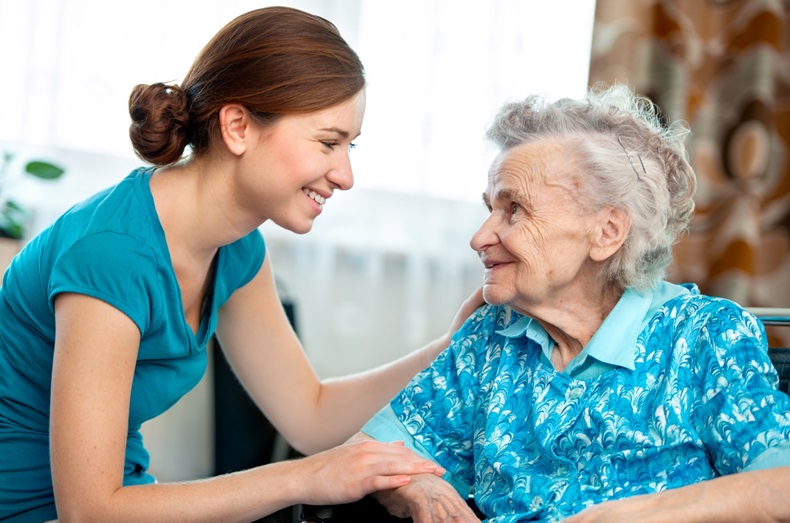
People from all walks of life get COVID-19, the disease caused by the new coronavirus, SARS-CoV-2. However, some people may have greater chances of catching it and difficulty dealing with it without causing harm.
For example, the kind of work you do, the conditions you live in, and whether you have health issues all effect your chances of catching the virus and dealing with it without harming yourself.
Catching the Virus
First and foremost, the following are at most risk of catching the virus.
- Overseas travelers and those who were on cruise ships.
- Those who have been in close contact with someone who has been diagnosed with COVID-19.
- People in senior care facilities.
- Also, people in detention facilities.
- In addition, people in group residential settings.
- Finally, people who work in crowded confined spaces.
Age
Now, middle aged and older adults are more likely to have long-term health problems like high blood pressure or type 2 diabetes. Also, as you age, changes to your lung tissue can make it harder to heal from COVID-19.
Meanwhile, data from the China Center for Disease Control reported that as of February 11, 2020, 87 percent of people with the virus were people between 30 to 79 years of age.
Moreover, eighty percent of deaths from COVID-19 have been people 65 and older. Also, about 30 to 60 percent of people, between 65 and 84, with COVID-19 end up in the hospital. While, 10 to 30 percent need intensive care.
Asthma
Next, those with moderate to severe asthma are at risk of serious consequence if they get infected. So, avoid things that make your asthma worse. However, asthma triggers can vary from person to person. By the way, examples of these triggers include pollen, dust mites, tobacco smoke and cold air. Also, strong emotions and stress can trigger asthma attacks in some people. Meanwhile, others are bothered by strong odors. So, make sure the disinfectant you are using is not an asthma trigger for you.
Blood Pressure
Furthermore, people with high blood pressure had a 6 percent chance of dying if they get infected with the virus.
Cancer
Because some cancer treatments weaken the body’s immune system, cancer patients are among those at higher risk of severe illness from COVID-19.
Diabetes
Next, both Type 1 and Type 2 diabetes can raise your blood sugar levels. So, if your diabetes is not well controlled, the high blood sugar level weakens your immune system. As a result, viruses thrive, risk of infections increase, as well as inflammation, making it harder for people to fight off disease in general.
Heart Disease
According to research from the initial outbreak in Wuhan, China, about 10 percent of people with COVID-19 who also had heart disease died from COVID-19.
In fact, the American Heart Association notes that viral illnesses like COVID-19 can raise the risk of a heart attack due to a buildup of plaque in their blood vessels. Also, research shows that viral illness can make it more likely that a piece of plaque lining blood vessels could break off and block blood flow to the heart.
By the way, heart disease encompasses many conditions, including:
- Having a history of heart attack
- Heart failure
- Heart valve disease
- Irregular heart rhythms including atrial fibrillation
- Peripheral artery disease
- High blood pressure
- High cholesterol
- History of stroke, and
- Build-up of plaque in blood vessels.
Home Visitors
Next, if you need assistance from home health aides, you may face increased risk of getting close to someone who might spread the coronavirus. So, ask people who come into your home to wash their hands before they come to change your linens, do the laundry, or whatever. Also, ask them to come wearing a mask.
Immune System
Now, people who are getting cancer treatment, have HIV, AIDS, or take medications, like steroids, that weakens their immune system, makes their body less able to fight viruses like SARS-CoV-2.
Furthermore, your immune system — your body’s defense against germs — weakens with age. Also, many conditions can cause a person to be immunocompromised, including:
- Smoking
- Bone marrow or organ transplants
- Immune deficiencies, and
- Prolonged use of corticosteroids or other immune weakening medications.
Kidney Disease
Next, anyone undergoing dialysis because of chronic kidney disease is at risk.
Liver Disease
Also, people with liver disease, might be at higher risk for severe illness from COVID-19. And, this includes those with chronic liver disease, including hepatitis B and hepatitis C.
Lung Disease
In addition, if you have a long-term lung condition like chronic obstructive pulmonary disease (COPD), you may already have lung damage that can make the effects of COVID-19 worse.
Other conditions include:
- Chronic Obstructive Pulmonary Disease (COPD) such as emphysema and chronic bronchitis
- Lung cancer
- Cystic fibrosis
- Pulmonary fibrosis
- Interstitial lung disease
- Pulmonary hypertension
Nursing Home or Long-term Care Facility
Those living in nursing homes have a higher risk because they often have several underlying health problems along with their advanced age. Also, virus spreads very easily between people who live close to each other.
Obesity
Severe obesity, with Body Mass Index of 40 or higher, compromises the immune system.
Time Spent at Risk
The more time you spend in the vicinity of other workers or strangers the greater the risk of getting the virus.
Work
Finally, not everyone is able to strictly observe the “stay-at-home” rules that public officials have suggested. For example, doctors, nurses, nursing home workers, and home health aides are in the front lines of the fight against COVID-19.
Also, grocery store employees, mail carriers, bus drivers, and others have important jobs that cannot be done at home. Unfortunately, the kind of work they do means they need to interact with others outside their homes, putting them at higher risk of infection.










